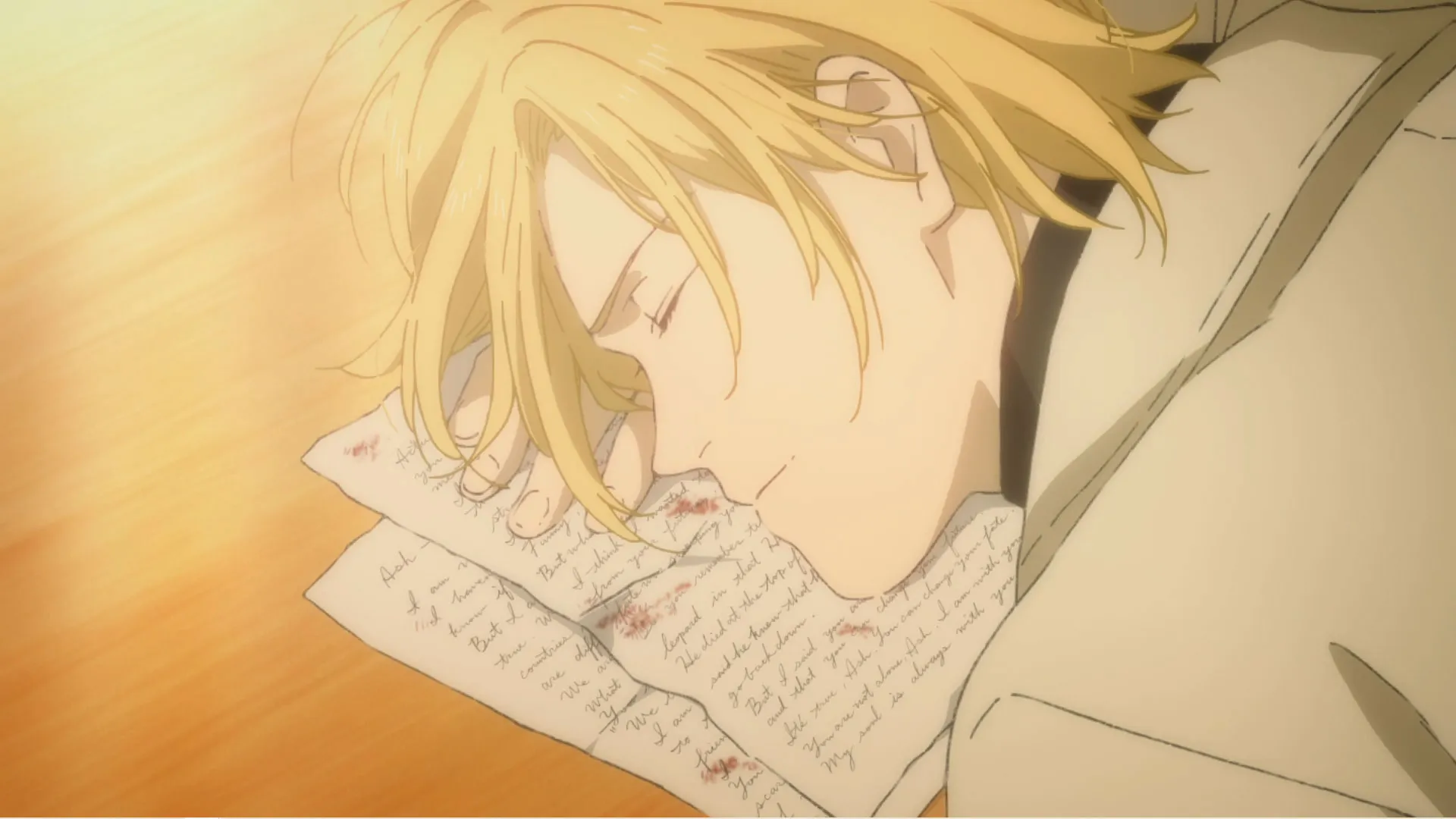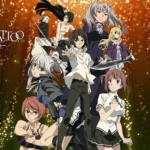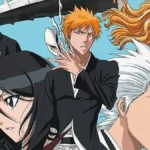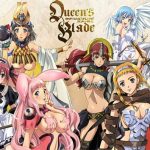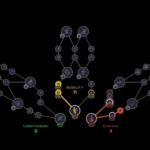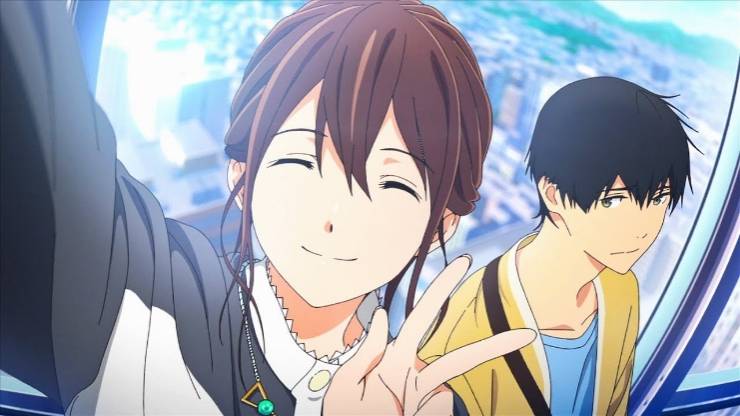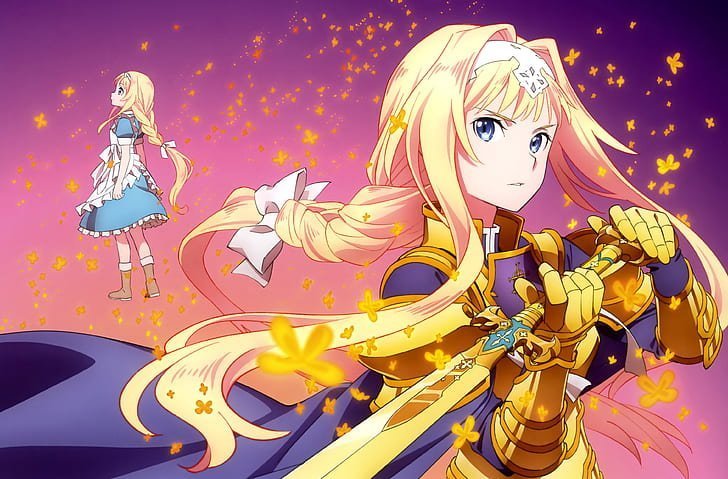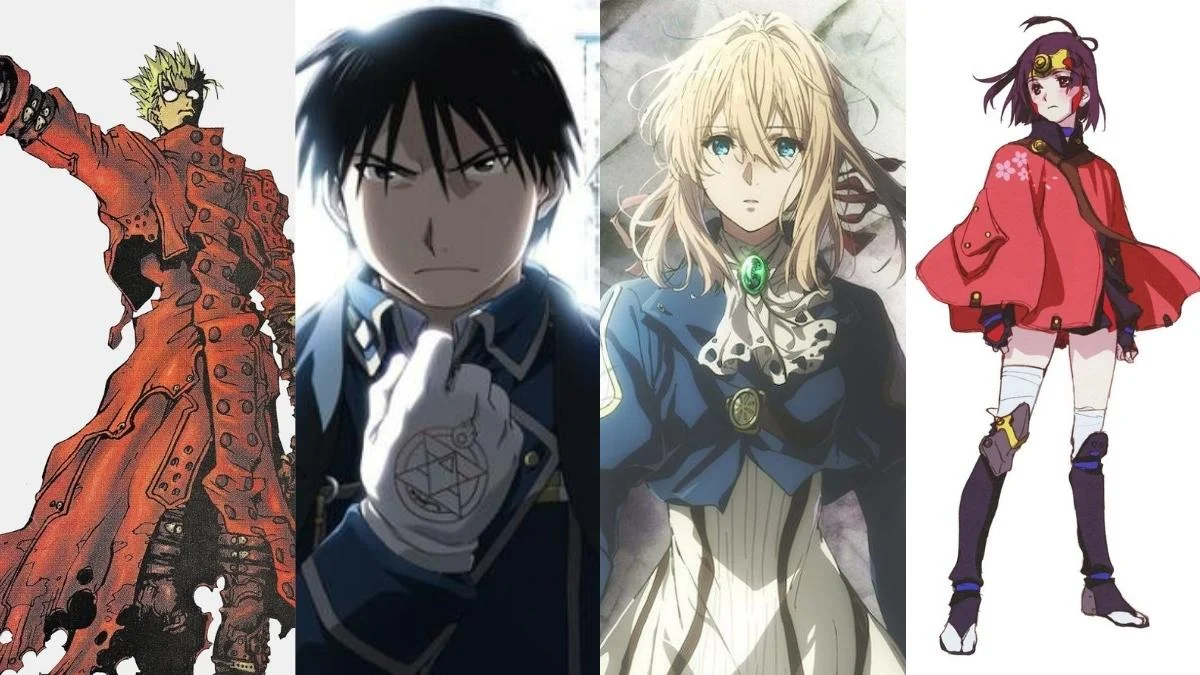Many anime creators draw inspiration from various sources, including video games, manga, novels, and toys. Like movies, anime often pays tribute to classic literature, not necessarily through direct adaptations but by referencing iconic literary works.
While some references may be subtle and others more obvious, these nods to classic literature showcase the enduring influence of timeless stories on anime. Whether viewers recognize them or not, these adaptations highlight the enduring power of world literature in shaping anime narratives.
1. Hellsing
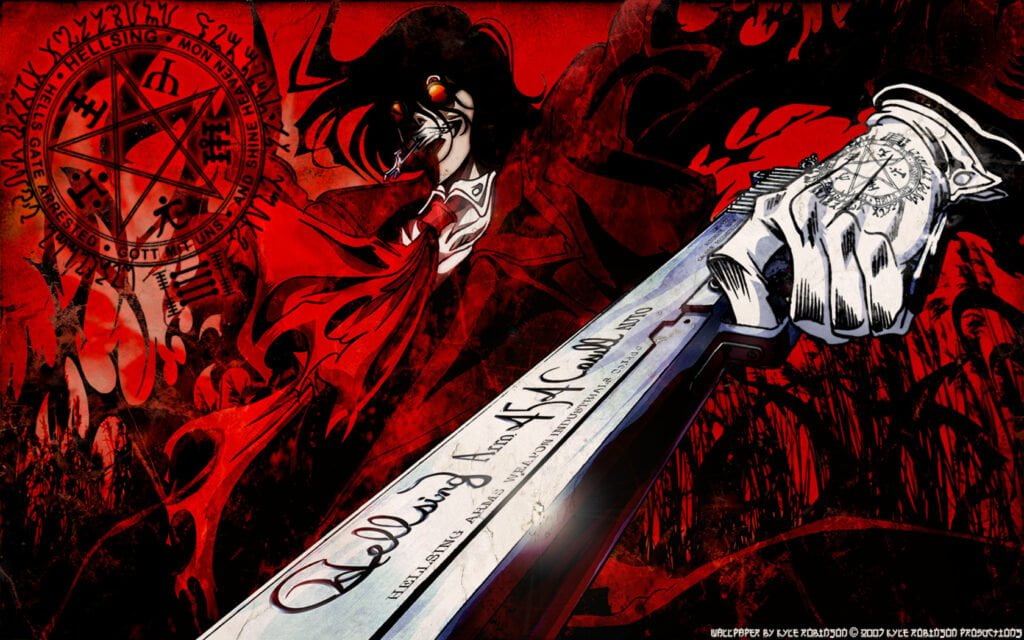
Both authors, Hellsing And Castlevania, chose to name his main character Alucard, which of course, Dracula spelled backwards. But both Alucard have attracted fans for decades. As in movies and live-action series, vampire stories are shared in anime.
Honestly, a list of anime inspired by classic literary works, Dracula, there are so many works by Bram Stroker because it was Bram Stoker who discovered the most fertile horror genre in history.
2. Psycho-Pass

Science fiction has always been a significant source of inspiration for anime creators, and one series that embodies this influence is the popular cyberpunk action series Psycho-Pass.
In Psycho-Pass, the antagonist openly references Philip K. Dick’s classic novel, “Do Androids Dream of Electric Sheep?,” which is more commonly known as “Blade Runner.” This nod to Dick’s work adds depth and establishes a connection to the broader sci-fi genre.
The Sybil System, a central element in Psycho-Pass, is a sophisticated Artificial Intelligence network designed to identify criminals. This concept resembles a similar system depicted in the film “Minority Report.” Additionally, the series references other modern classics such as “Neuromancer” by William Gibson and “1984” by George Orwell.
Overall, Psycho-Pass pays homage to these influential works of literature while carving out its unique identity within the cyberpunk genre.
3. Magi
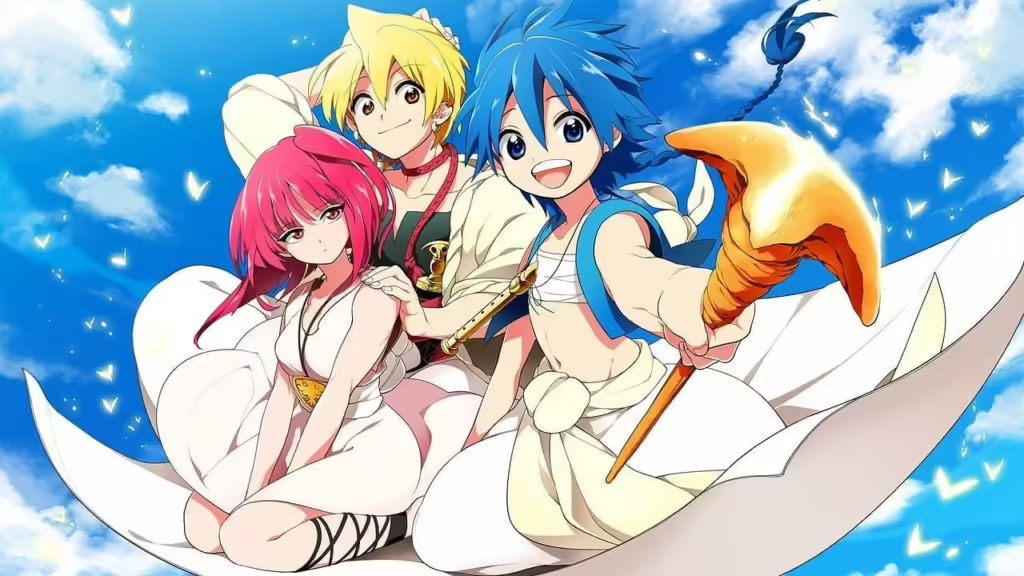
The influence of classic literature, notably “The Arabian Nights,” is evident in the magic-filled world of “Magi.” Characters like Ali Baba, Sinbad, and Aladdin are named after renowned heroes from these tales, adding a sense of familiarity to the story. Set in a desert teeming with wonders, including demons and grand palaces, the series exudes an aura of mystique and adventure.
Despite its ties to “The Arabian Nights,” “Magi” remains quintessentially Shonen, featuring elements of action, friendship, and growth. Upon its release, the series garnered a substantial fanbase, especially as the storylines and characters developed further in the second season.
While “Magi” may not directly retell the stories from “The Arabian Nights,” it’s important to acknowledge that the original collection comprises a curated compilation of tales from various cultures and authors. This highlights the rich tapestry of influences contributing to the enduring appeal of “Magi” and its source material.
4. Banana Fish
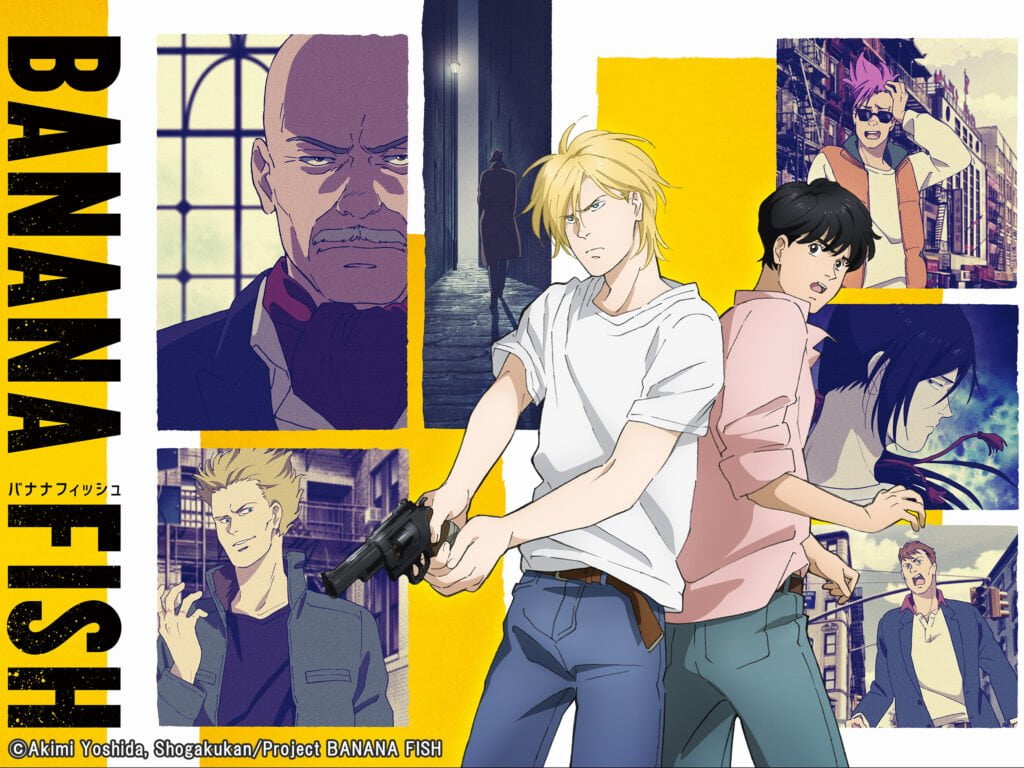
The influence of J.D. Salinger’s seminal work, “The Catcher in the Rye,” is undeniable, especially in young adult literature. Critics hail it as one of the first novels to capture young adulthood’s essence.
Salinger’s keen observations on youth culture and the challenges of growing up resonate deeply within “Banana Fish.” Originally published in the 1980s, the manga was groundbreaking in portraying teenage experiences and relationships, paving the way for future BL (Boys’ Love) series that explored themes beyond mere romance.
“Banana Fish” openly acknowledges its debt to Salinger’s work, with the term itself referencing a tragic short story titled “A Fine Day for Banana Fish.” Fans of the series closely follow protagonist Ash’s journey to escape the gritty reality of New York City, hoping for a happier ending than the characters who inspired him.
5. Fate/stay night
No anime list would be complete without mentioning one of the most beloved franchises in history. Despite being a series that borrows historical and fictional characters, “Fate” stands out. One of its iconic characters, Saber, is based on the legendary King Arthur, and the central conflict revolves around the Holy Grail War.
The series introduces Servants and recognizable figures from various cultures and myths, making it a fascinating exploration of real and imagined worlds. Where else can viewers witness battles between Heracles and Sasaki Kojiro alongside the legendary King Arthur?
6. Bungou Stray Dogs
Classical literature holds a significant influence in “Bungou Stray Dogs.” Each main character draws inspiration from an original author, predominantly from early to mid-20th century Japan. However, it’s essential to note that the series isn’t biographical.
Characters like Osamu Dazai embody certain traits associated with their namesakes, albeit sometimes with a unique twist. Nevertheless, the primary aim of the series is to pay tribute to these literary figures rather than present their authentic narratives.
7. Gankutsuou
“Gankutsuou” offers a truly distinct viewing experience, awe-inspiring as it adapts one of the most famous and frequently revisited novels globally, “The Count of Monte Cristo.” This 2003 anime adaptation takes the essence of Alexandre Dumas’ classic tale and reshapes it into a novel art form.
In the year 5053 in outer space, the story follows a character who considers himself akin to an astral vampire alien. Despite the unusual setting, the central themes of the beloved novel remain intact and are even reinforced by this innovative retelling.
8. Aku No Hana (The Flowers of Evil)
“The Flowers of Evil” is the title of a collection of semi-erotic poetry penned by the iconic modernist writer Charles Baudelaire. Inspired by the societal changes of 19th-century Paris during the Industrial Revolution, the original poetry delves into intertwined themes of death and sexuality, which some readers find scandalous.
In “The Flowers of Evil ” an anime sharing the same name, the protagonist becomes captivated by these poems, perhaps even consumed by them, leading to an unsettling obsession with classmates. The series explores themes of eternal horror intertwined with the protagonist’s infatuation.
9. Moriarty, the Patriot
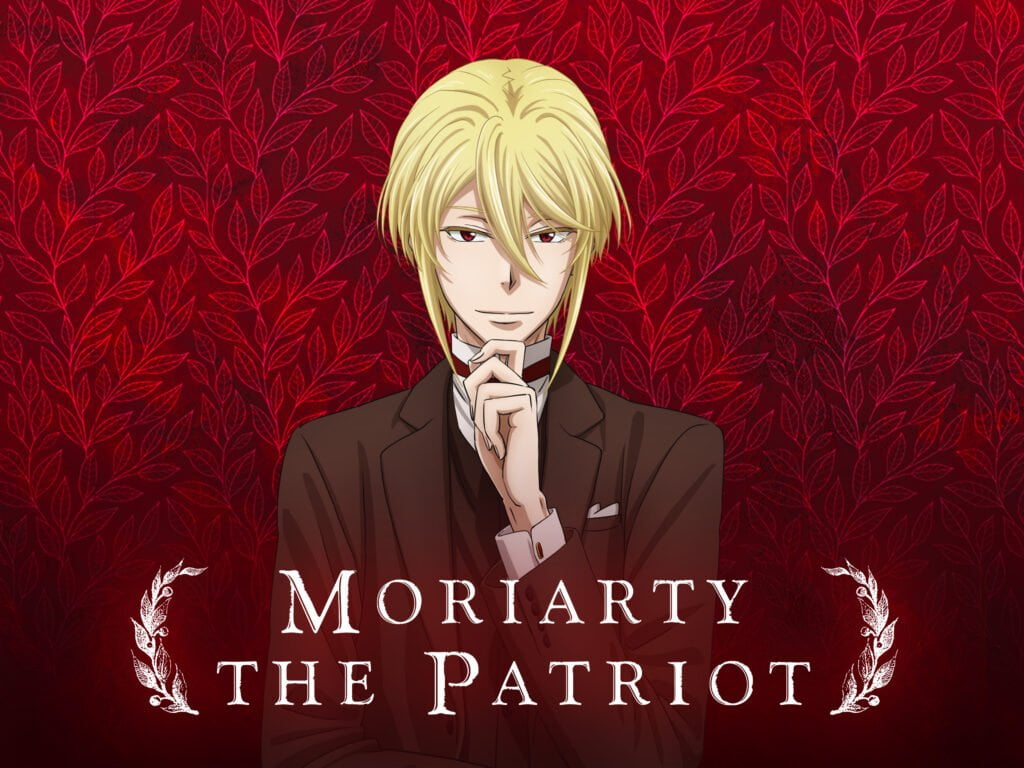
There’s a plethora of works inspired by Sherlock Holmes, and with all the original stories entering the public domain, this trend is bound to continue. However, “Moriarty the Patriot” stands out in its inspiration and nuanced approach.
Serving as a prequel to the Holmes stories, it focuses on Holmes’ renowned adversary, James Moriarty. While having romantic interests is not unheard of for a protagonist, what truly resonates are the themes of social justice that drive the anime.
10. Snow White with the Red Hair
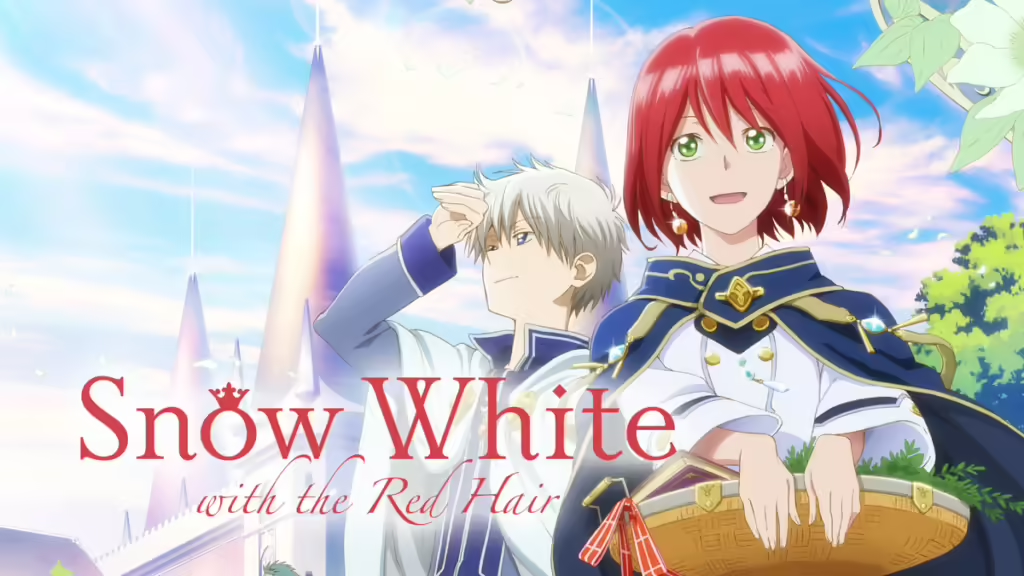
While many anime draw inspiration from fairy tales like Ponyo and Fairy Tail, few reimagine their source material as refreshingly as Snow White With The Red Hair.
This shoujo series puts a new spin on the classic Snow White story, with Shirayuki taking on a more active role than her traditional counterpart.
As a skilled herbalist who escapes an arranged marriage, Shirayuki finds herself working in a palace in a neighboring kingdom. Her journey and contributions to others make for a captivating story arc that has left a lasting impression on fans of fantasy anime.
These anime recommendations, inspired by classic literature from around the world, are definitely worth checking out.

